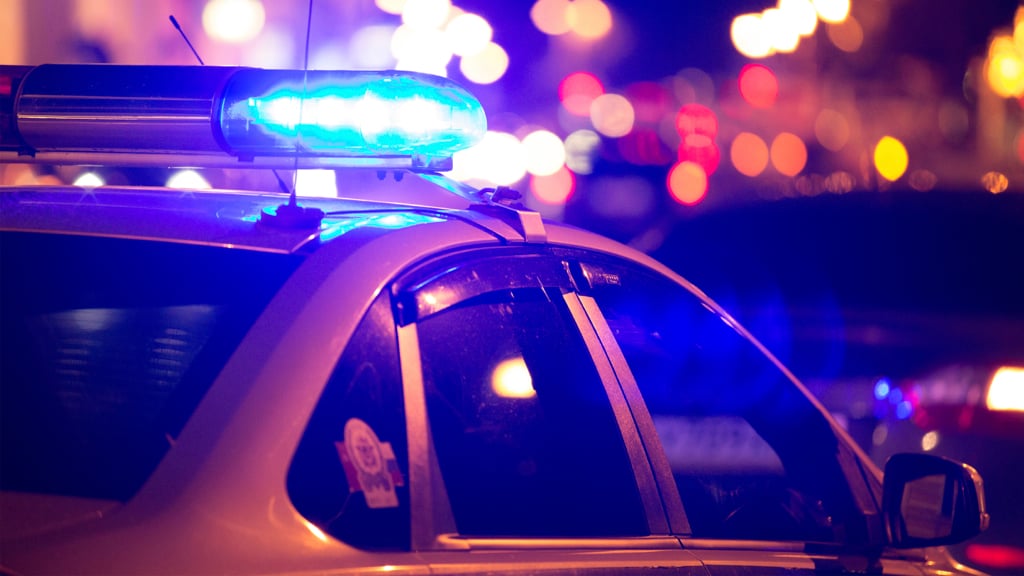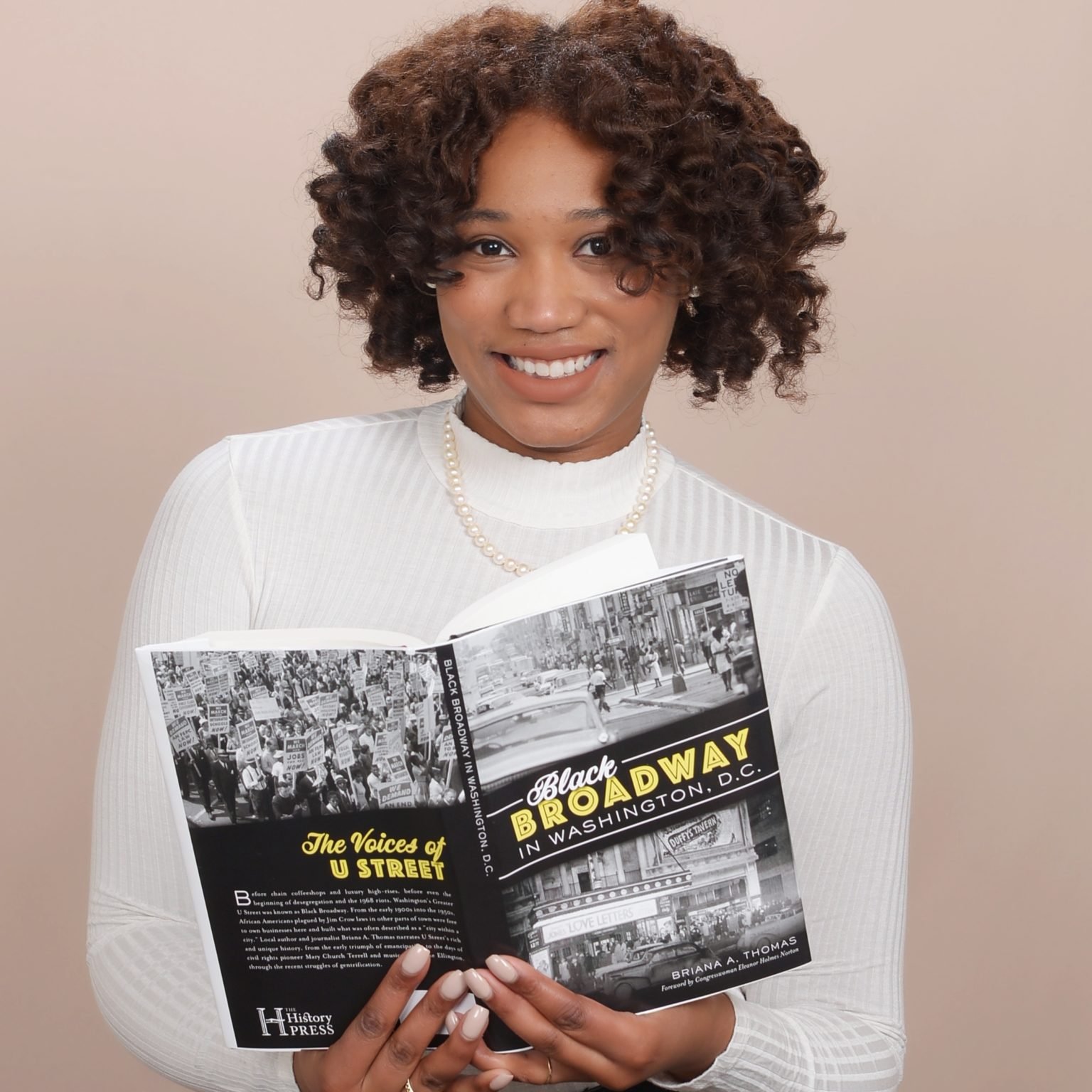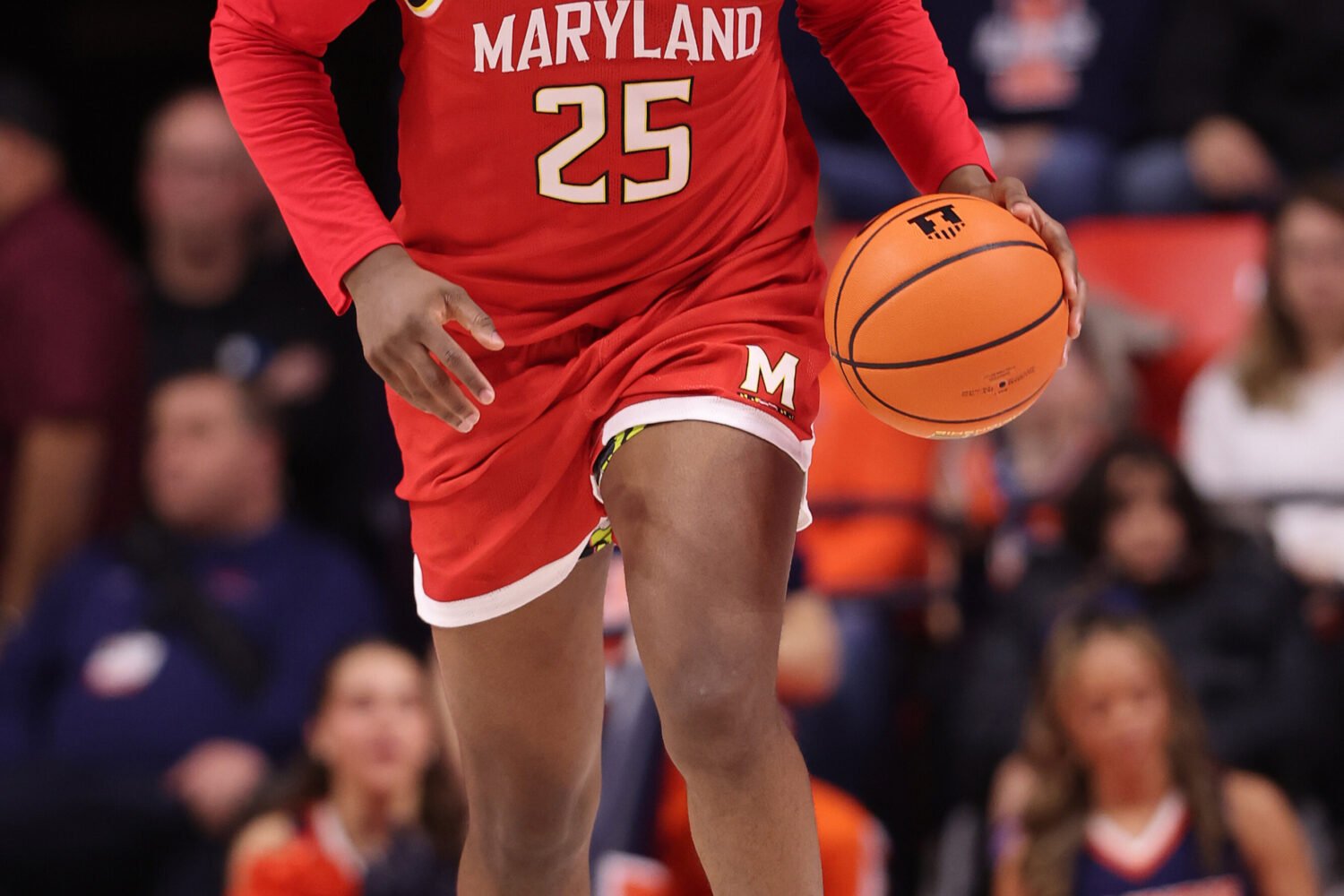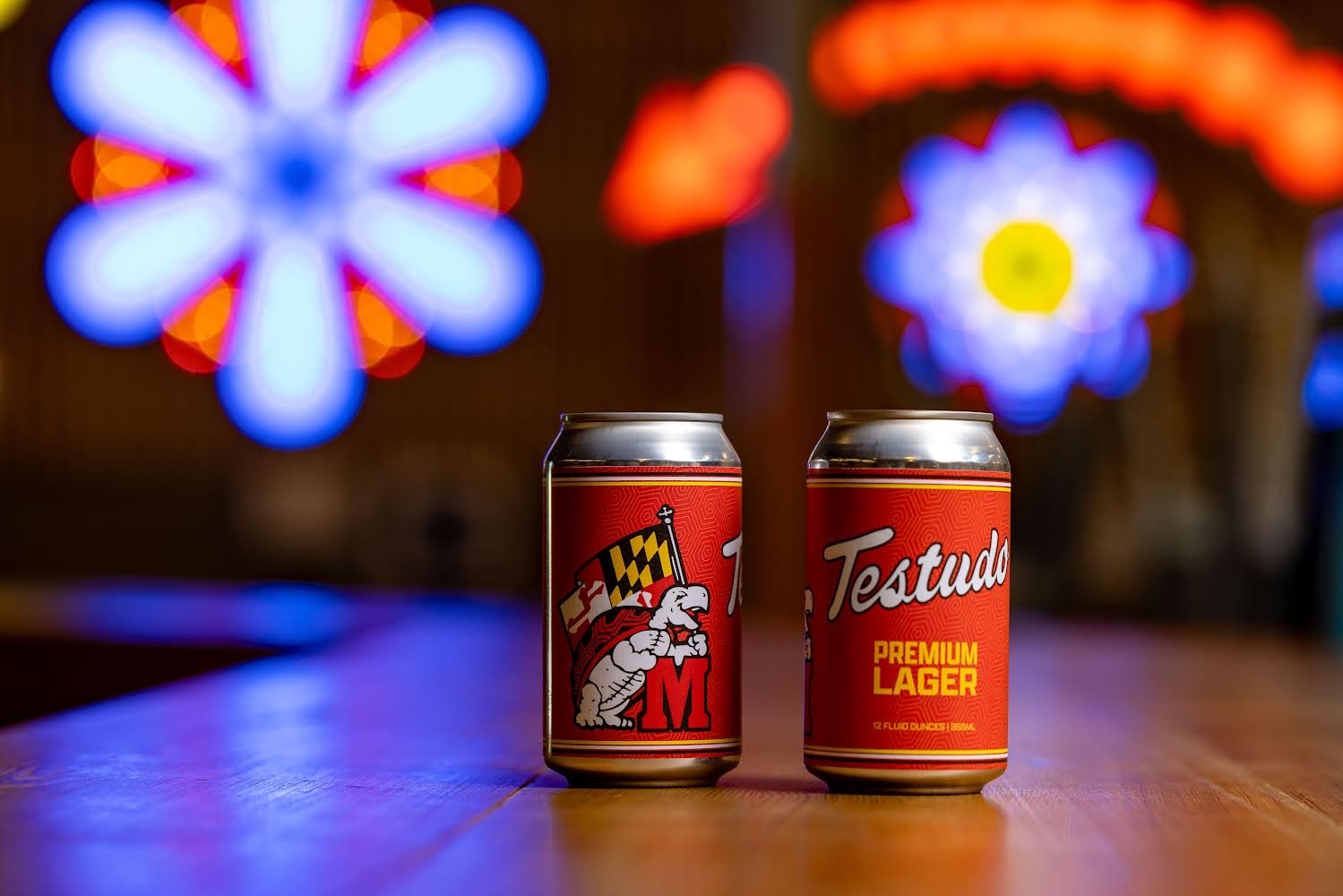When University of Maryland Police on Monday finally released footage from its body cameras taken in May when officers used pepper spray while breaking up a graduation-week party, it was supposed to dispel a controversy about law-enforcement tactics on campus. Instead, the footage renews questions about whether campus police acted on implicit racial biases.
After a five-week investigation, that included 26 interviews with students and officers involved in the May 21 incident and a resulted in a two-week suspension without pay for one of the officers, the department concluded the deployment of pepper spray could have been avoided all together and in one instance was applied incorrectly.
That the partygoers were predominantly African-American also raised concerns the officer’s use of force, in addition to being unnecessary, was also racially motivated. The investigation into how UMD Police acted at the graduation party comes amid a broader, national discussion about police violence against blacks and the recent killings of police officers by black men.
So what led to the chaos that spring night? Was it racial bias, disorderly conduct, unprofessionalism, or a combination of factors? Based on the video, interviews, and UMD Police Chief David Mitchell‘s report last week, here’s what happened.
About 1:44 AM on May 21, UMD police received a call about a party at The Courtyards, an apartment complex on campus. The 911 callers reported a potential fight and underage drinking, according to a statement from the university’s president, Wallace Loh.
Two officers responded to the scene. Video footage reveals a conversation between people in the parking lot and the officers telling them there is a party going on and a fight is underway.
“The issue is inside,” one of the people talking to the officers said as they approach the apartment. One of the witnesses claimed that there are weapons inside. “I saw somebody with a bat,” the witness said, while another person said there aren’t any weapons inside of the apartment at all.
It was later determined that reports of a fight were fabricated by people who were not UMD students and wanted to retaliate after being denied entry into the graduation party.
But the two responding officers, acting on the belief there was an altercation in progress, entered the apartment. The officers were greeted by two attendees, who said they lived at the apartment and both refuted the claim of a violent situation taking place inside. Tensions heightened when police insisted on entering.
“We need to see that everything is okay,” one of the officers said. Videos shared on social media picked up the voice of a female partygoer repeatedly yelling, “they are putting hands on us!” as the officers tried to get inside of the apartment to make sure there wasn’t a fight. There wasn’t.
The officers proceed to close down the party, which numbered about 60 people. While some attendees assisted in clearing out the crowd, the scene escalated when some refused to leave.
According to Mitchell’s report, some of the exiting partygoers surrounded a officer on the apartment building’s breezeway and didn’t obey an order to disperse. One of the officers then used pepper spray on the crowd, which the officers later explained in their statements to Mitchell was because they believed the officer was in danger.
The chaos migrated into the parking lot as medics from the Prince George’s County Fire and EMS Department attempted to treat partygoers who came in contact with the spray. Police asked for people to back away from the medics, unless they were being helped, but were unable to control the situation.
One of the medics called for backup to help with crowd control; another blast of pepper spray was used to break up the crowd.
In his statement, Mitchell writes the use of pepper pepper spray didn’t adhere to department standards.
“We should have handled the situation with more diplomacy,” he writes. “It is my opinion that the subsequent deployment of pepper spray could have been avoided. This did not have to happen.”
Two people, who are brother and sister, were arrested for not complying with officers, though the charges were dropped after Mitchell’s review. Police also wrongly arrested a person who they thought to be uncooperative. Body-worn camera footage showed that the arrested party attendee was not the same person who was being uncooperative with officials, and the person was released without charges.
The department obtained a criminal summons against those who made the false 911 call. Mitchell is also working with university members and offices to assist in a review of the police department’s policies and protocols.
Among Mitchell’s proposed remedies is ordering all his officers to undergo a round of training on implicit bias and diversity that will be coordinated with the university’s office of diversity and inclusion.
“If we don’t get in touch with the biases and stereotypes that we may have they can have an impact on how we interact with the public,” says Kumea Shorter-Gooden, the school’s chief diversity officer.
Shorter-Gooden says the training will speak to a national conversation on black men being more likely to become victims of police violence, because people’s negative stereotypes about black men can govern their behavior in stressful situations, sometimes without them being aware of their personal prejudices.
“If people see a black man and think ‘oh my goodness dangerous’ and it’s a person who has that bias is carrying a gun, and is called to a situation that is deemed dangerous, then that can lead to a problem,” she says.
Shorter-Gooden says she cannot say whether this incident erupted because of racial bias, but it is in question because of Mitchell’s call for implicit bias training after an incident that took place at a campus party attended by a mostly black crowd.
“It’s a very disturbing incident,” Shorter-Gooden says. “I think it is deeply disturbing for the African-American and black community. Certainly traumatic for many of the students who were in attendance.”

















